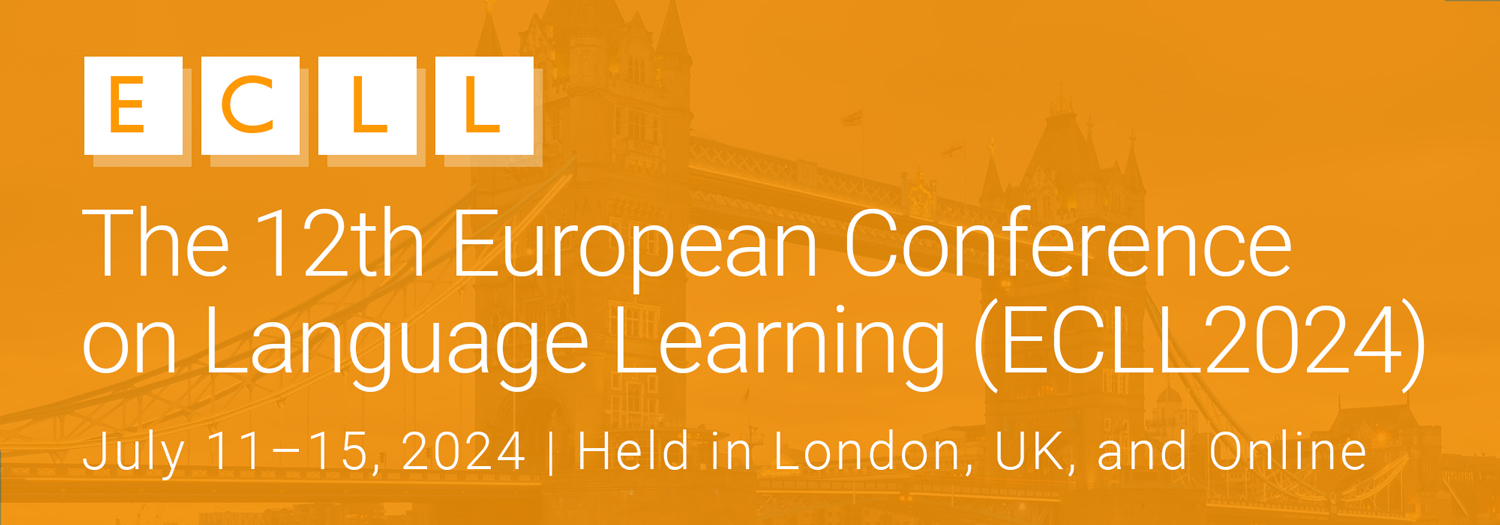Effects of the Diga Socioemotional Education Program on Children’s Social Responsibility, Aggression and Peer Victimization (81030)
Session Chair: Stephen Sowa
Sunday, 14 July 2024 10:05
Session: Session 1
Room: B07 (Basement)
Presentation Type:Oral Presentation
The ongoing challenge of school difficulties, particularly peer victimization and aggressive behavior among children, underscores the need for effective interventions. The DIGA Program is a socioemotional education program that aims to foster social responsibility and reduce aggression and victimization in school settings (www.programadiga.com.br), based on the evidence-based WITS Programs (Leadbeater et al., 2022). This study hypothesized that social responsibility would increase, while aggression and victimization would decrease over time, with stronger patterns of change attributed to the fidelity of program implementation. Employing a multilevel modeling approach, this study analyzed data from three-time points over one school year in a sample of Brazilian students in Grades 4 and 5 (N = 1,850), including measures of social responsibility, aggression, victimization, and implementation fidelity. Results indicated a weak increase in social responsibility behaviors over time, with early DIGA adopters showing the largest gains, especially when program fidelity was high. Although changes in peer victimization and aggressive behavior were not significant overall, early DIGA implementation and high fidelity were associated with decreases in these behaviors. Notably, social responsibility behaviors mediated the program's effects on reducing aggression and victimization. This study demonstrates the potential of school-based interventions like DIGA to promote social responsibility and mitigate negative peer interactions. The findings suggest that adherence to program fidelity is crucial for maximizing benefits, offering valuable insights for educators and policymakers aiming to enhance the school environment and student well-being through the development of culturally relevant interventions.
Authors:
Josafá da Cunha, Federal University of Parana, Brazil
Jonathan Santo, University of Nebraska at Omaha, United States
About the Presenter(s)
Dr Josafá da Cunha is a University Professor/Principal Lecturer at Federal University of Parana in Brazil
See this presentation on the full schedule – Sunday Schedule





Comments
Powered by WP LinkPress